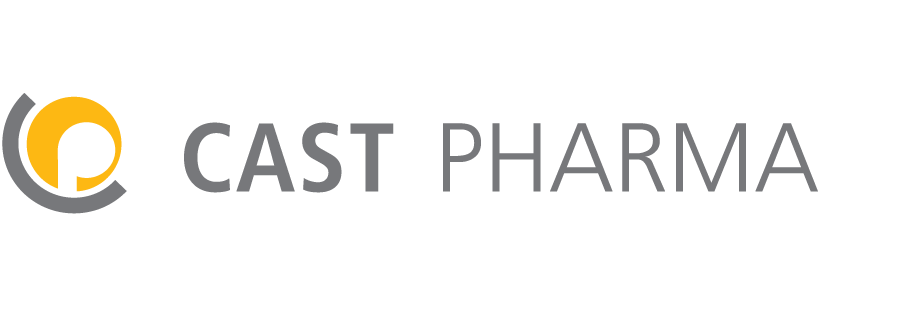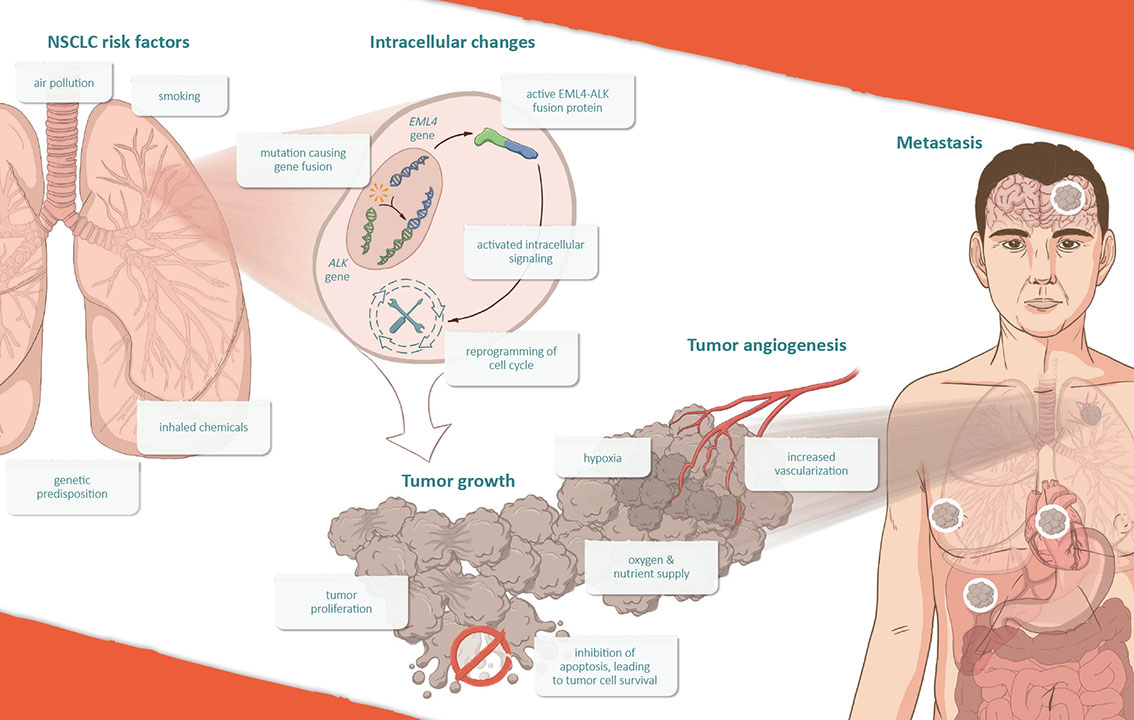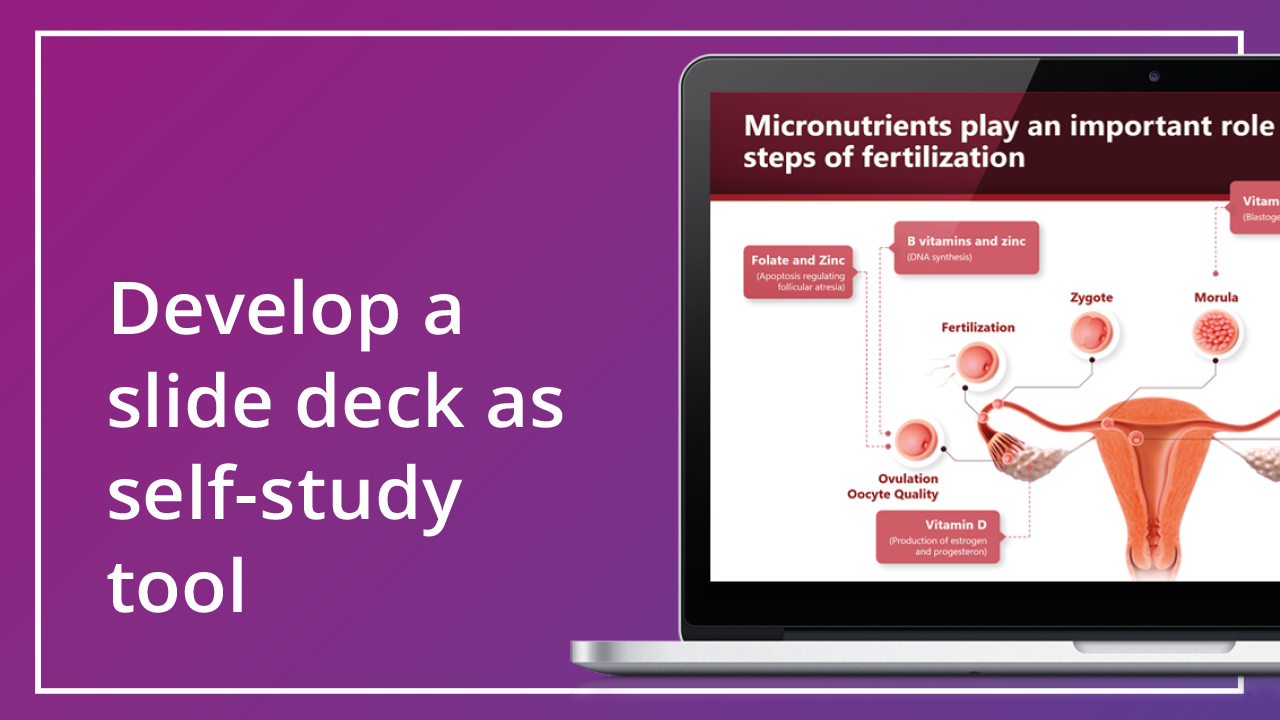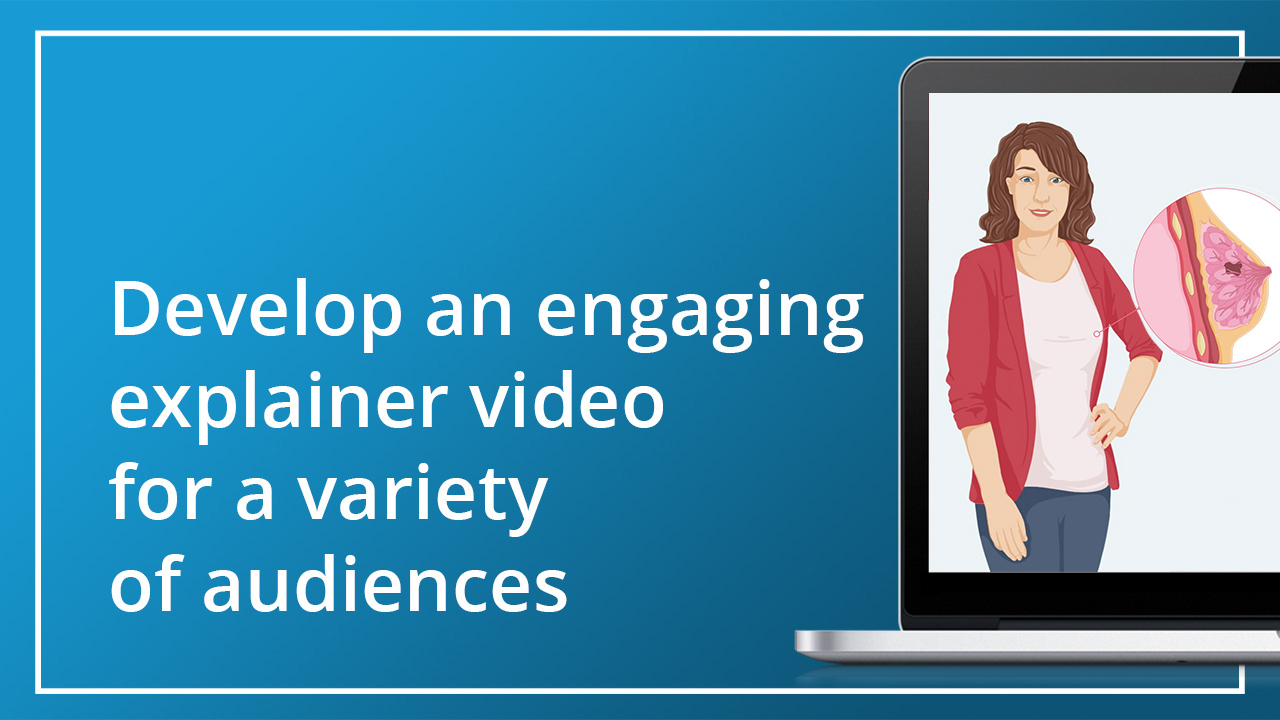Home » eLearning & Engaging Activities » Develop engaging activities to support scientific training initiatives
The Challenge
In medical training, lecture-style presentations have both advantages and disadvantages. Experts with good presentation skills are able to transfer knowledge to the learners, providing them not only with a list of facts but also showing them how this information is connected. Lectures also give learners the opportunity to ask questions and to discuss the content with the expert.
Lecture-style presentations are also associated with disadvantages, however. They place the learner in a passive role where they sit and listen, receiving information in what is mostly a one-way exchange. If the learner does not choose to engage by asking a specific question, there is a significant risk that information will be misunderstood or not understood in its full complexity.
What can be done to make medical training engaging and to encourage active learning?
We need engaging activities for both face to face and virtual settings to help our learners really understand this information, and to put it in context.
















